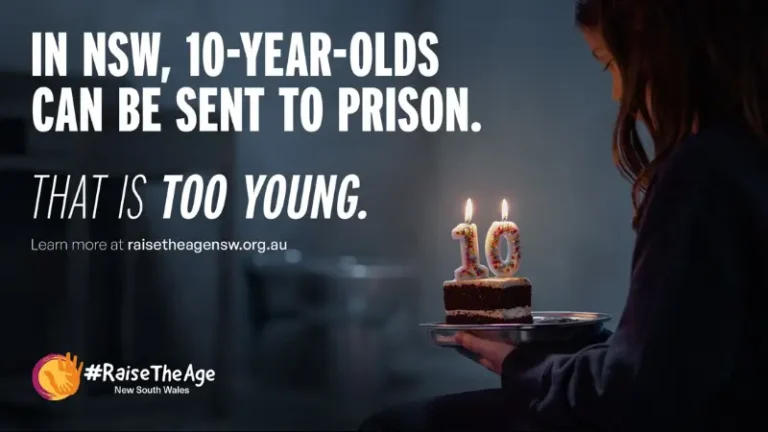PIAC partnered with the Australian Communications Consumer Action Network (ACCAN) to research payment harms in energy (gas and electricity) and telecommunications (phone and internet). The research examined whether people experiencing disadvantage pay more to receive utilities because of the way they pay.
This report is one of a series from the Paying to pay research and examines where people use lightly regulated and unregulated credit products (such as Buy Now Pay Later) to either pay for energy directly, or use it elsewhere as part of strategies to afford their energy bills.
The report found:
- BNPL and similar credit products cause people harm. They should not be able to be used to pay for essential utilities including energy. Instead, the energy market should apply the aspects of credit products that consumers find helpful (such as breaking large payments down into smaller more manageable amounts and having payment amounts that can be easily adjusted) to their own payment and assistance systems.
- Credit products mask energy payment difficulty indicators from retailers and result in consumers forfeiting the consumer protections available in the energy system.
- Increasingly, people are using these credit products as part of strategies to afford their utility bills, such as by using them to pay for other essentials (including groceries) freeing up money for their energy bills.
- Vulnerable households, including First Nations households and people from Culturally and Linguistically Diverse (CALD) backgrounds, use unregulated and lightly regulated credit products at substantially higher rates than average.
- There is significant consumer interest in increasing the use of BNPL to pay directly for energy bills, despite the additional cost.
The research included:
- An Ipsos omnibus online survey of 1,000 nationally representative adults.
- Desktop research into available energy and telecommunications offers.
- Interviews with service providers such as financial counsellors.
- Interviews with consumers who indicated they experience payment issues.
- A questionnaire of 1,026 adults responsible for either their telco (phone/internet) or energy (electricity/gas) bills, and have a household income of $50,000 or less, or, if their income was higher, reported some difficulty affording their household bills.
More information about the research can be found in this Background and methodology document.
ACCAN published a report on Direct Debit, also based on this research.

Watch: Challenging Injustice in Community Housing